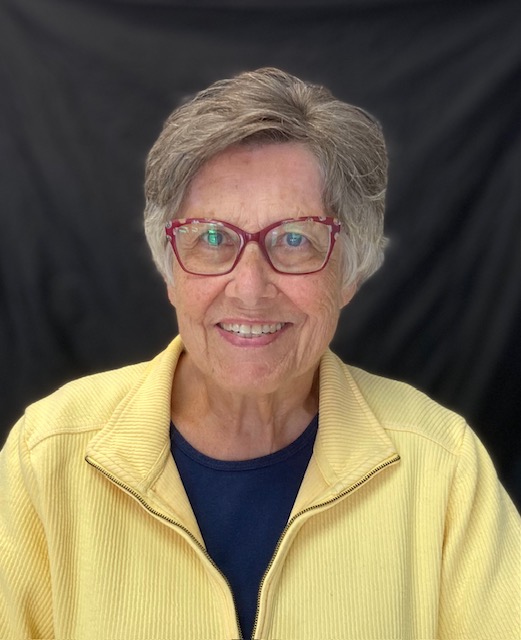Editor’s note: Kathleen M. Scanlan, M.A., has had over 20 years of experience working in the field of problem gambling. She held the position of Executive Director of the Massachusetts Council on Compulsive Gambling1 from 1998-2011. She began with the Massachusetts Council in 1987 as Program Director. Ms. Scanlan served as a Board Member of the National Council on Problem Gambling from 1998-2004 and chair of its Education Committee from 1999-2003. Her previous professional experience was in various human service and non-profit agencies where she served as program director, regional director, and executive director. She began her professional career teaching French, English, and service learning. This op-ed is part of our Special Series in Honor of Dr. Howard Shaffer.
 In the late 1980’s I took a position as program director at the Massachusetts Council on Compulsive Gambling. I didn’t know much about compulsive gambling and hadn’t really thought about it as a recognized disorder.
In the late 1980’s I took a position as program director at the Massachusetts Council on Compulsive Gambling. I didn’t know much about compulsive gambling and hadn’t really thought about it as a recognized disorder.
I was introduced to this world by Tom Cummings, the Council’s founder and director who had himself experienced problems with gambling. Tom had seen the need for information and support for people who were struggling with their gambling experiences. Tom’s advocacy with the Massachusetts State Legislature, the Massachusetts Department of Public Health, and the Massachusetts State Lottery resulted in funding to develop services to address problem gambling.
Early on, Tom connected with Howard Shaffer, and Howard soon became a regular at the Mass Council. The field of problem gambling was in the very early stages of understanding and development. There were some states that provided help for problem gambling. There were fewer with standards of practice. Mentioning that you worked with problem gambling often brought on laughs and jokes.
To have Howard’s perspective in shaping the Mass Council on Compulsive Gambling and its philosophy and services was key to the Council’s legitimacy and growth and to helping numerous people who struggled with gambling problems regain health and happiness. Our conversations with Howard helped us to define our own understanding of problem gambling as well as our services.
Watching and seeing how Howard approached persons seeking help led us to realize that the most important thing that we could do was to treat that person with understanding and respect.
What stands out most to me from many years of knowing Howard is his professional skills, his personal care for colleagues and clients, and his commitment to the field he helped build.
As Howard steps back from his professional responsibilities, my hope is that he will be the recipient of as much good as he himself has created.
– Kathleen Scanlan, MA
________________
1. Now the Massachusetts Council on Gaming and Health




